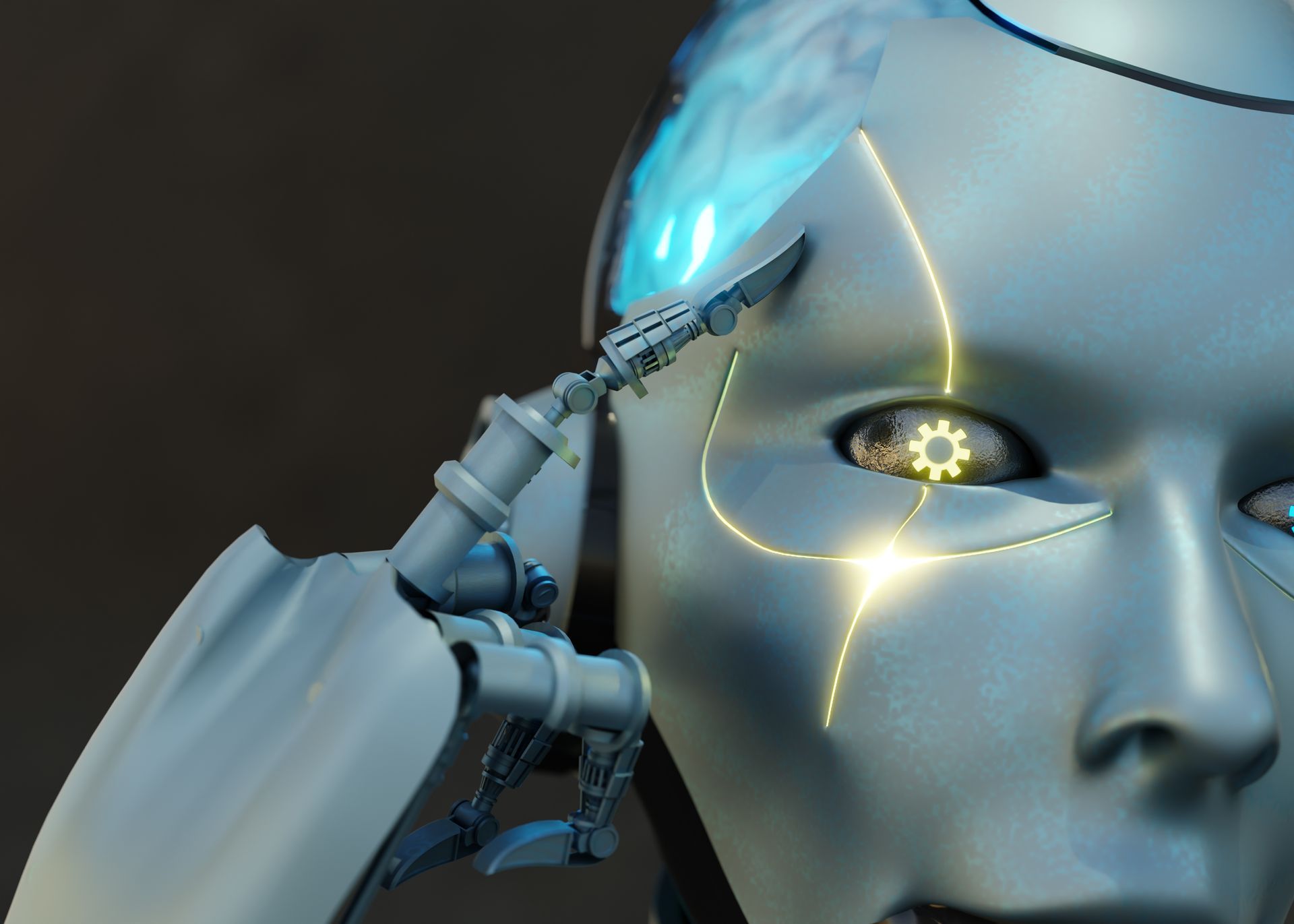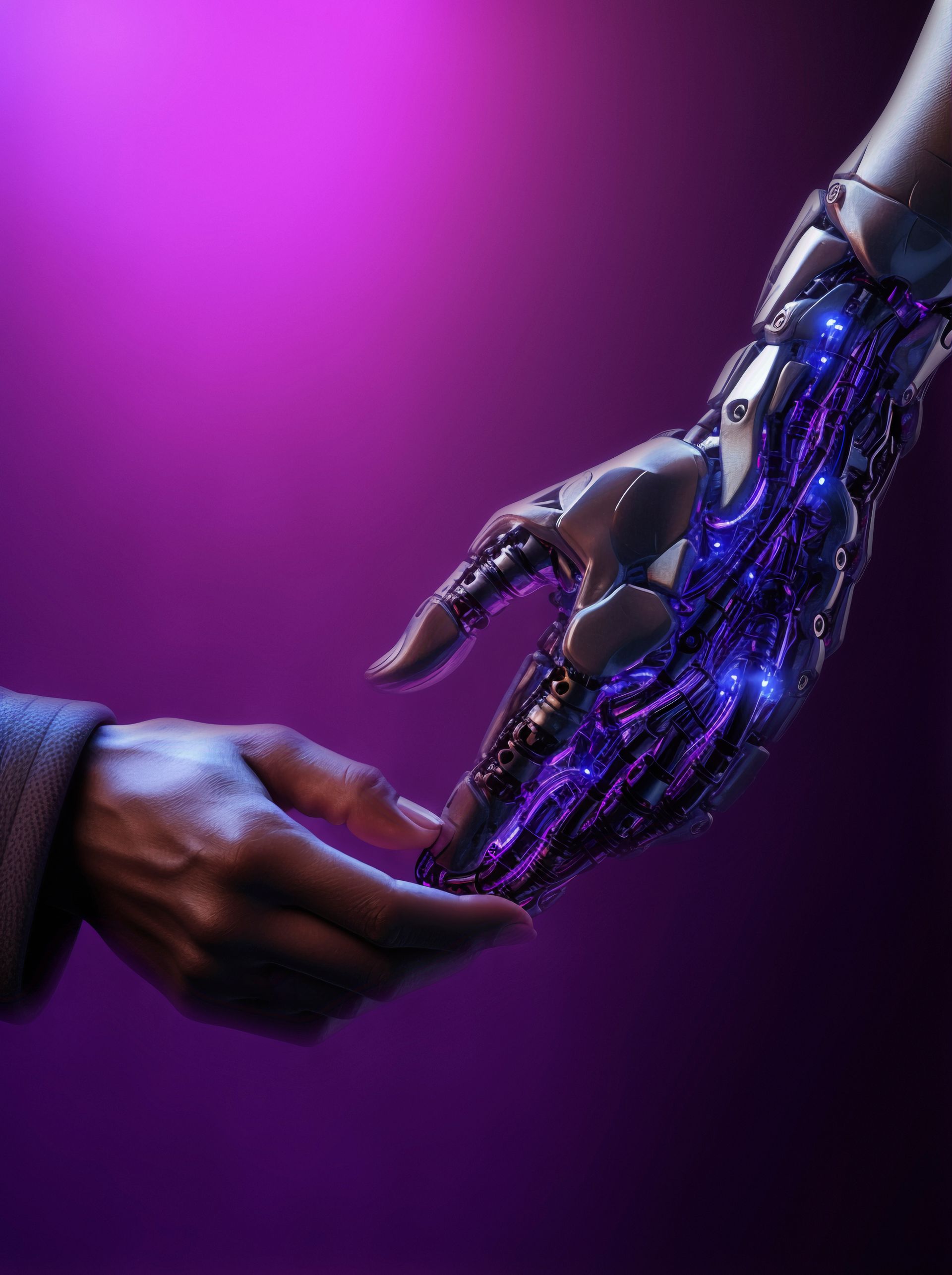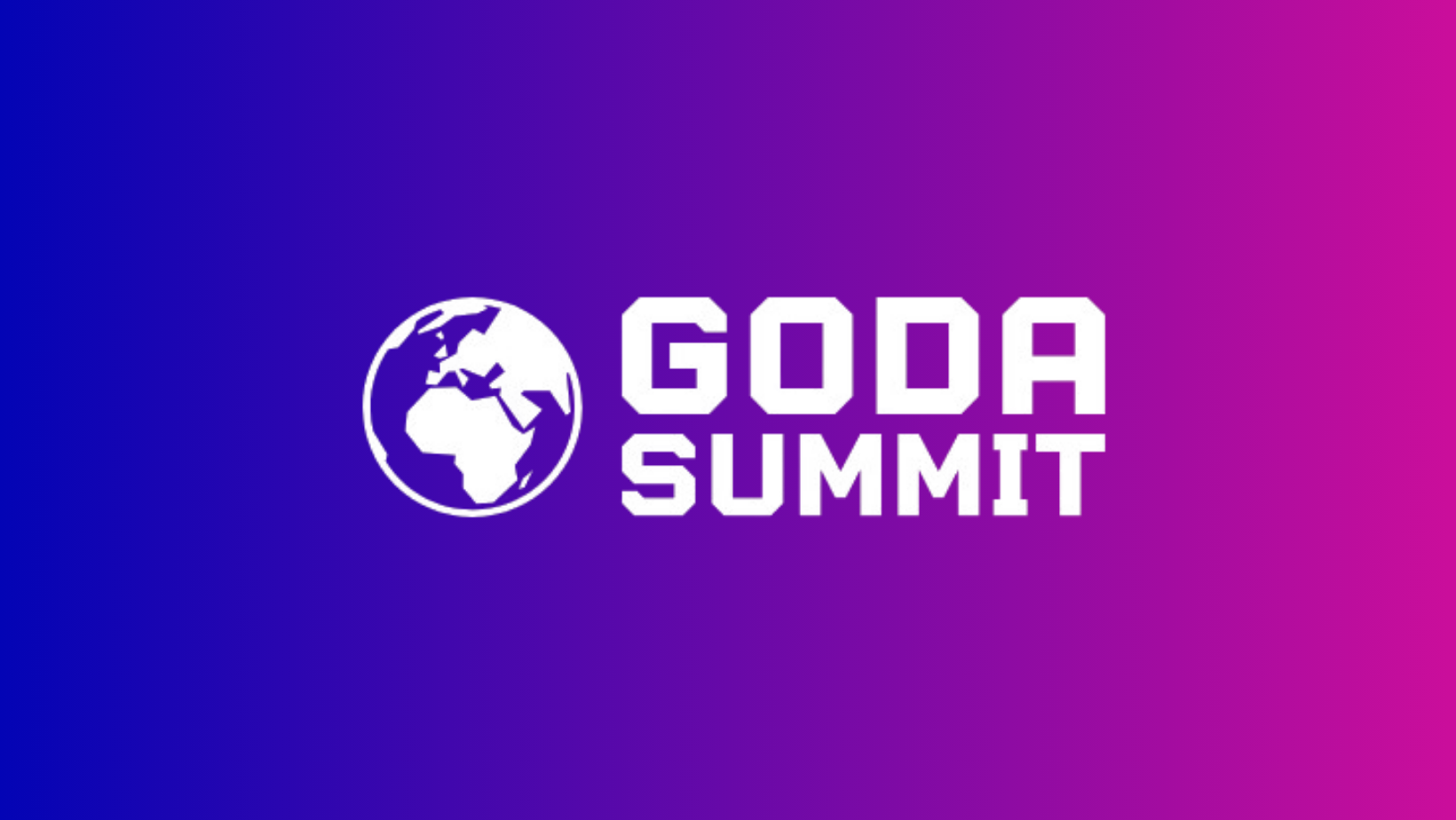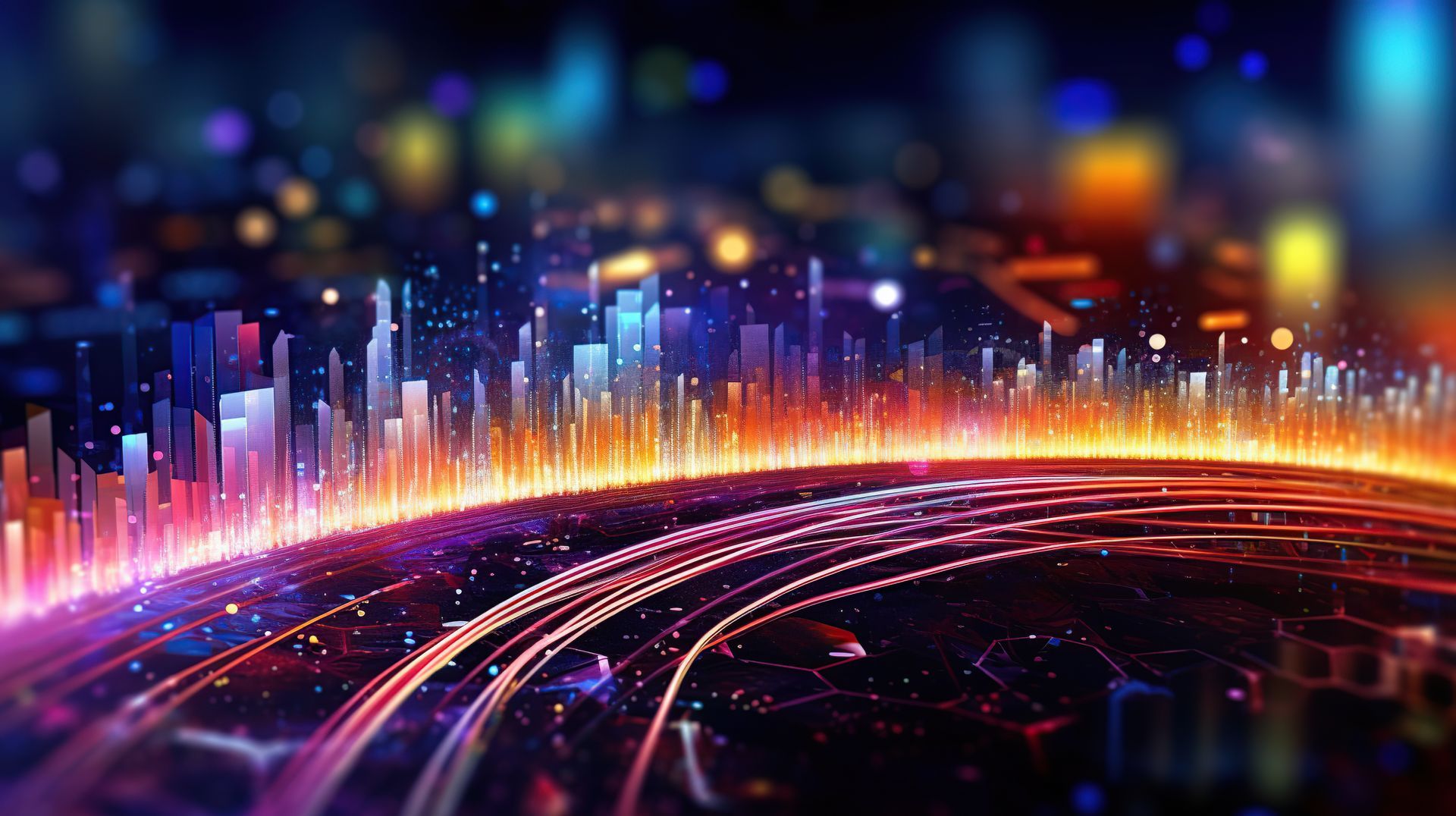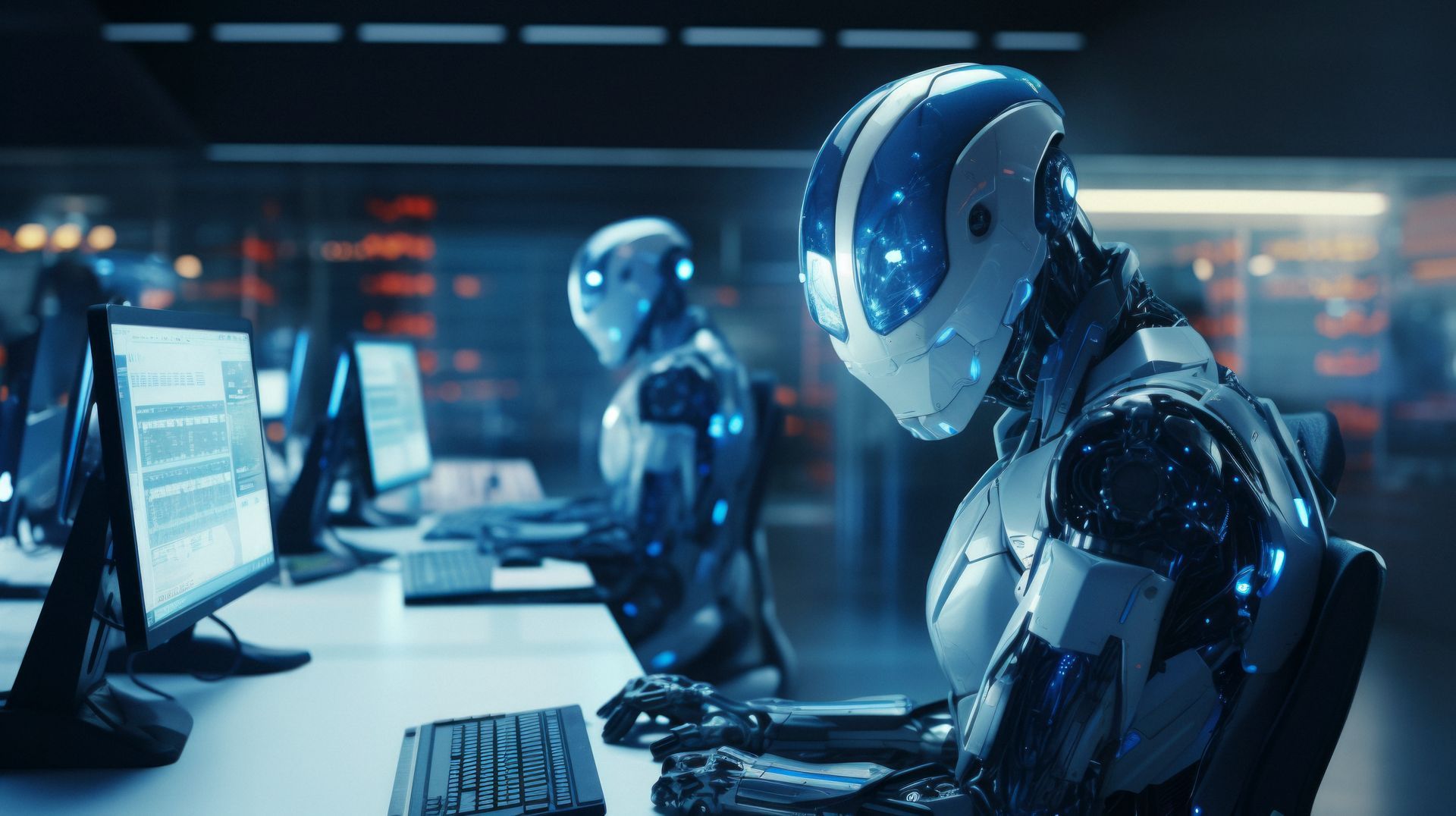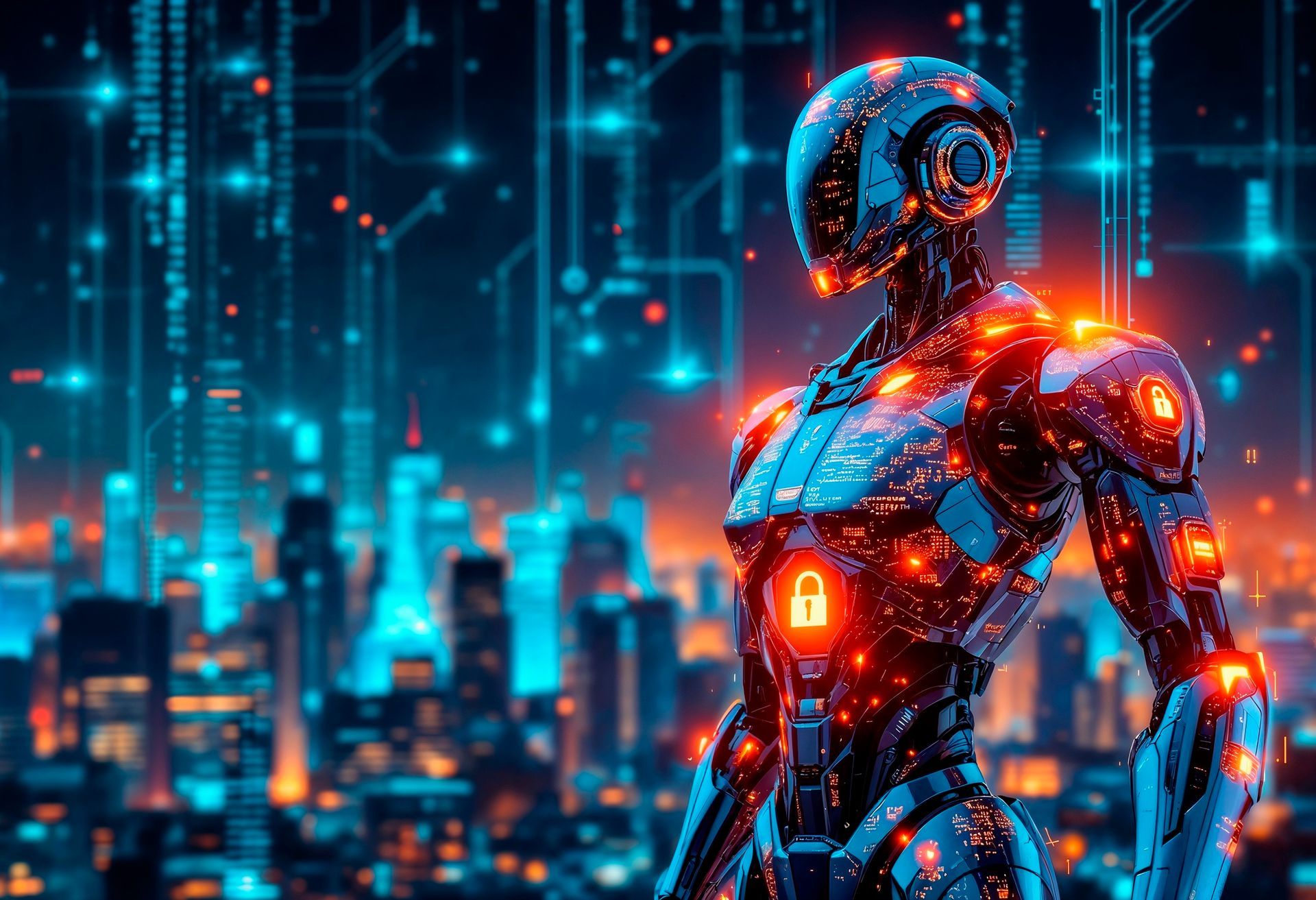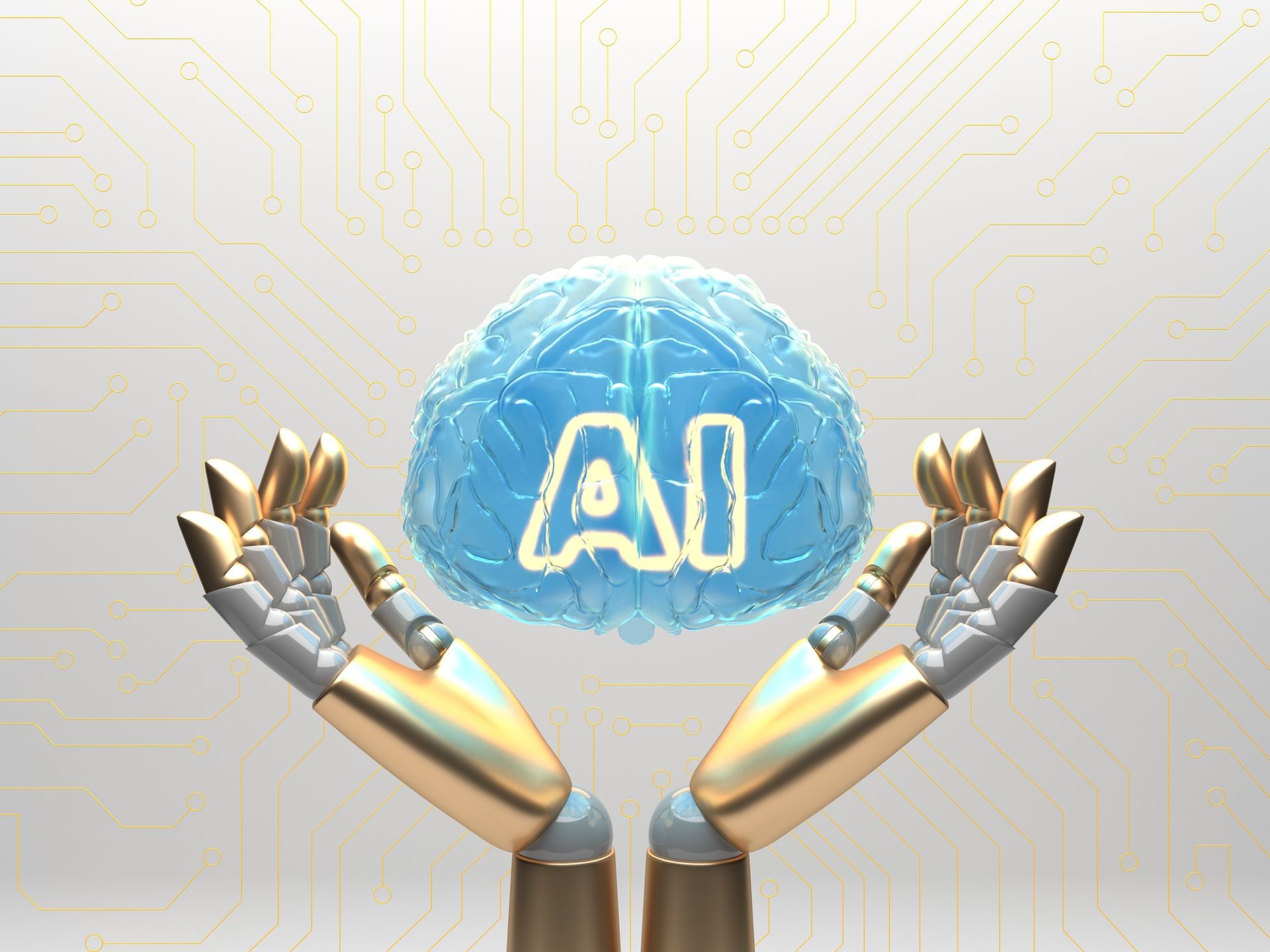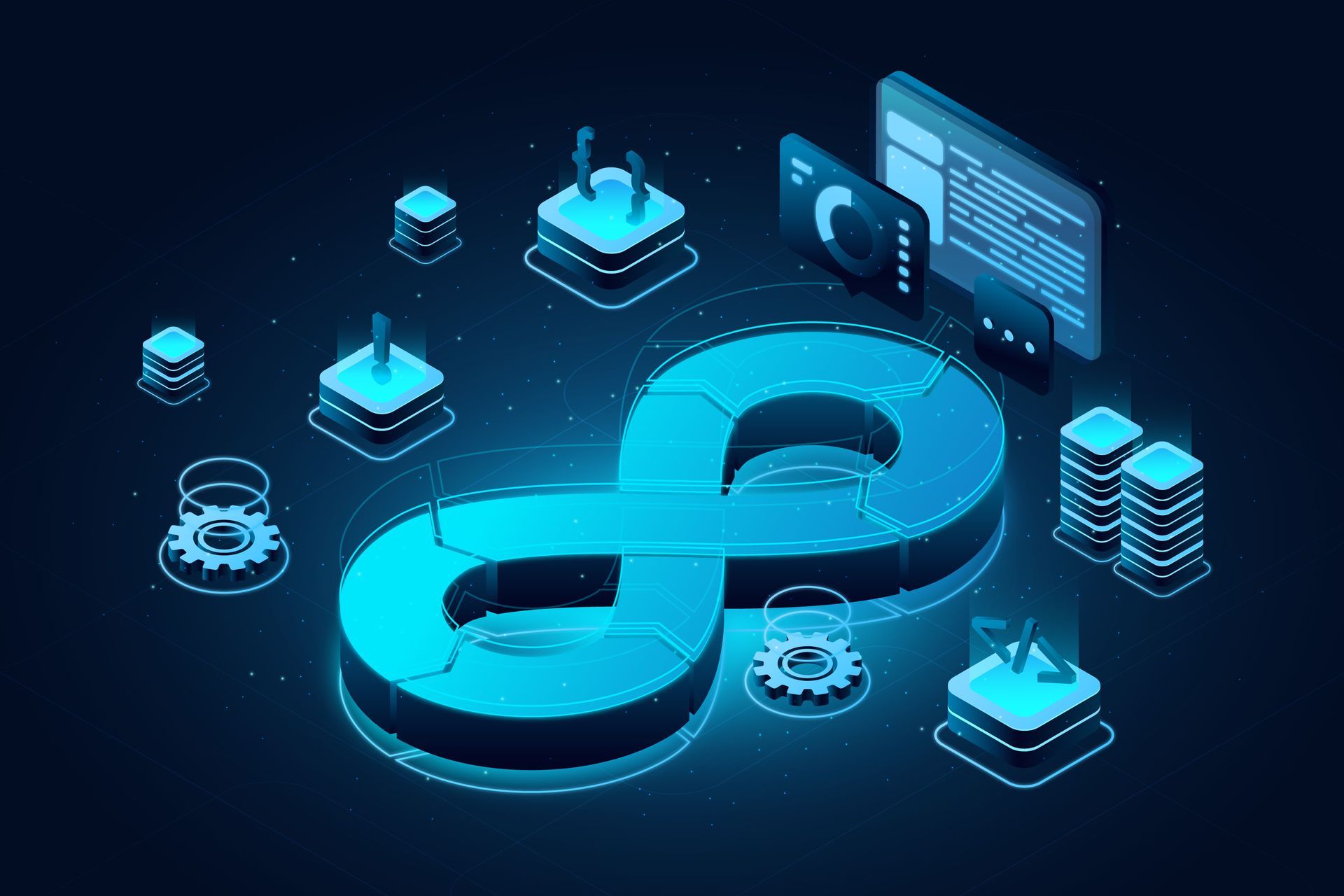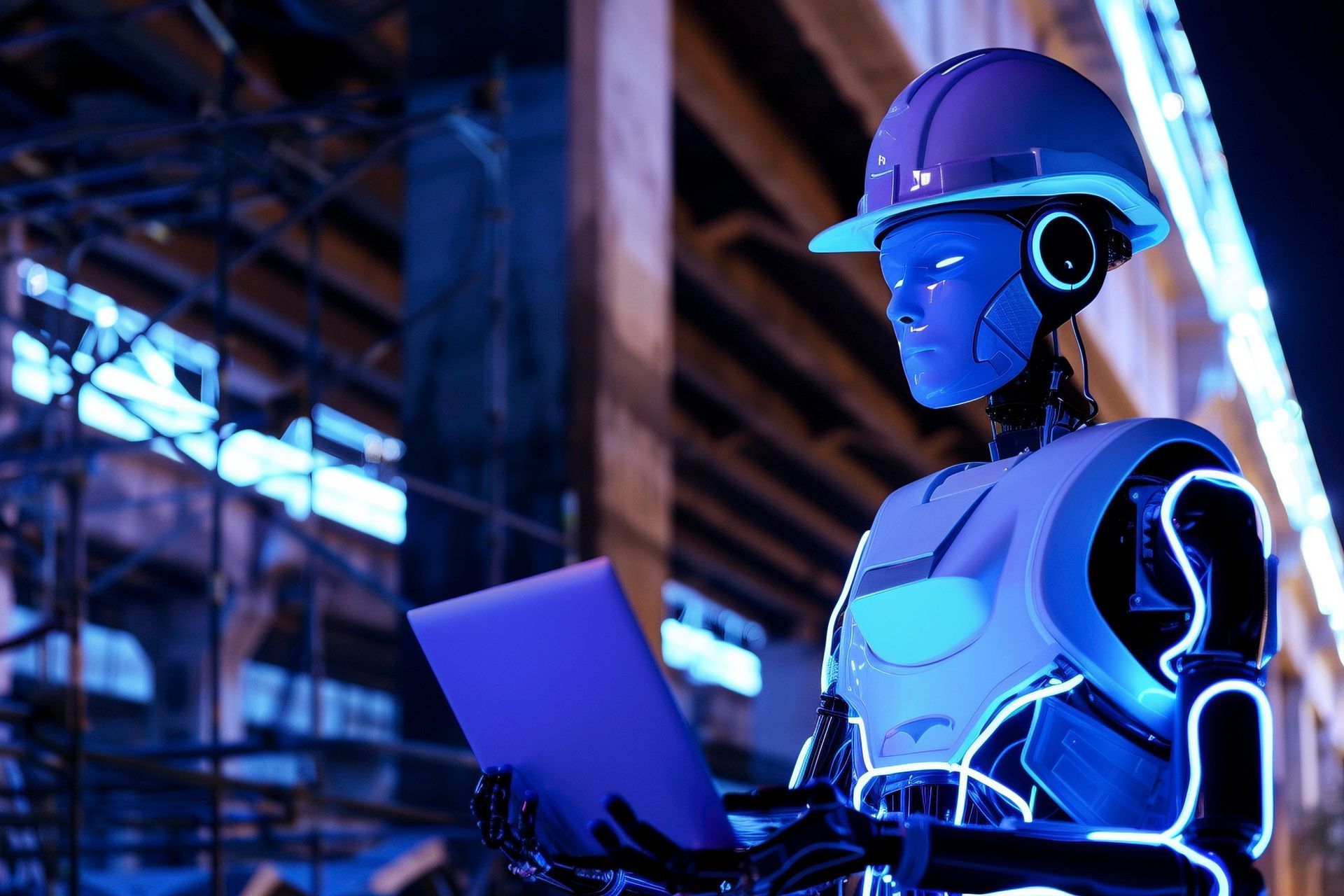The AI Agents Revolution: AGI vs SaaS—The Future of Software
The AI Agents Revolution: AGI vs SaaS—The Future of Software
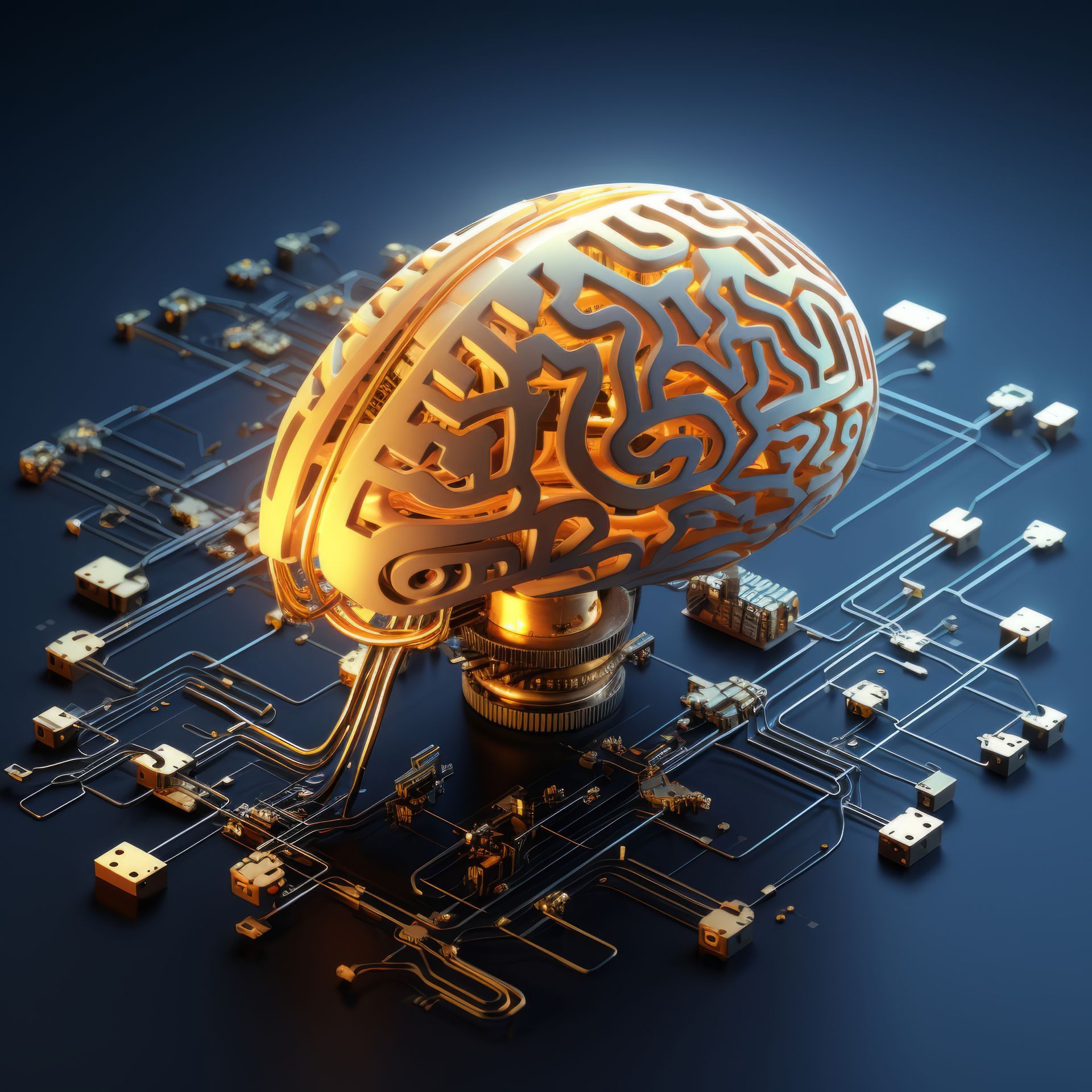
As the world hurtles forward in its digital transformation journey, artificial intelligence (AI) has emerged as the axis upon which technology pivots. From streamlining business operations to enhancing consumer experiences, the software landscape is undergoing a seismic shift—and at the center of this transformation lies the paradigm clash between AI Agents and Software as a Service (SaaS). Will AI Agents herald the dawn of Artificial General Intelligence (AGI), supplanting traditional SaaS models? Or will the two converge into a hybrid future?
SaaS: A Legacy of Innovation
For the past two decades, SaaS has reigned as the bedrock of digital business operations. By offering scalable, subscription-based solutions in the cloud, SaaS eliminated the barriers of traditional on-premise software. Platforms like Salesforce, Slack, and Zoom democratized access to technology, enabling businesses of all sizes to optimize workflows and enhance productivity.
Yet, even as SaaS continues to grow, cracks are beginning to show. User interfaces that demand manual navigation, rigid workflows, and pre-set functionalities are being challenged by new consumer expectations for hyper-personalized, autonomous solutions. SaaS, while powerful, is fundamentally rooted in static problem-solving—a reality that AI Agents are poised to disrupt.
AI Agents: The Dawn of Autonomy
AI Agents represent a transformative leap. Unlike SaaS, which requires human input for decision-making, AI Agents are built to act autonomously. These intelligent systems can ingest data, learn dynamically, and take action—all without direct human intervention. Imagine an AI agent seamlessly coordinating your calendar, negotiating deals, analyzing market trends, and even making high-stakes decisions based on real-time analytics.
Powered by advancements in natural language processing (NLP), deep learning, and reinforcement learning, AI Agents embody a vision of software that adapts to users rather than the other way around. Think of AI tools like ChatGPT, which already demonstrate conversational proficiency, or more specialized agents designed to navigate the complexities of supply chain management, customer support, and even medical diagnosis.
The Convergence with AGI
While AI Agents operate within defined domains, the holy grail of this technology lies in Artificial General Intelligence (AGI). AGI represents machines capable of performing any intellectual task a human can—and perhaps surpassing human ability. If realized, AGI would redefine software entirely, enabling the creation of agents with limitless adaptability.
The transition from narrow AI to AGI is fraught with challenges. Current AI Agents are extraordinarily proficient within their programmed boundaries but lack the reasoning, creativity, and contextual understanding of human intelligence. However, breakthroughs in areas like neuromorphic computing and quantum algorithms suggest AGI may be closer than we think. The emergence of AGI-powered agents could render traditional SaaS models obsolete, replacing them with self-evolving systems that continuously optimize without human oversight.
SaaS in the Age of AI
Does this mean SaaS is destined for extinction? Not necessarily. SaaS platforms are already incorporating AI capabilities to stay relevant. Predictive analytics, recommendation engines, and automation features within SaaS tools blur the lines between traditional software and AI Agents. Salesforce’s Einstein, for example, leverages AI to deliver insights directly within its SaaS ecosystem.
Furthermore, AI Agents require robust frameworks to function. SaaS platforms may evolve into these frameworks, providing the infrastructure for AI Agents to thrive. A symbiotic relationship could emerge where SaaS delivers scalable backbones while AI Agents provide autonomous front-end intelligence.
Ethical and Societal Implications
The rise of AI Agents and AGI raises profound ethical questions. How do we ensure accountability in autonomous decision-making? Who bears responsibility when an AI agent’s actions lead to harm? Furthermore, the displacement of jobs traditionally performed by humans—from customer service representatives to data analysts—could exacerbate economic inequality if not managed responsibly.
Policymakers, technologists, and ethicists must collaborate to develop frameworks that address these concerns. Transparency in AI decision-making, equitable access to AI tools, and regulatory oversight will be critical in ensuring that the transition to AI Agents and AGI benefits society at large.
The Road Ahead
As AI Agents gain traction, they present both an existential challenge and an unprecedented opportunity for the software industry. SaaS, once the gold standard, now faces the imperative to evolve or risk obsolescence. AGI, meanwhile, looms as a game-changer that could redefine not just technology, but the very fabric of human society.
In this era of rapid innovation, one thing is certain: the software of the future will not merely serve us—it will collaborate with us, learn from us, and perhaps even surpass us. Whether through the rise of AGI, the refinement of SaaS, or a hybrid synthesis of both, the journey promises to be as thrilling as it is unpredictable.
The question is not whether the AI Agents revolution will come, but whether we are ready for its consequences.
Contact Information
GODA SUMMIT PR
Email:
pr@godasummit.com
Phone: +44 20 4547 5894
Connect with us @GODA SUMMIT on LinkedIn to continue the discussion
Event Information and Registration
Visit:
www.godasummit.com
Join the Conversation
Follow us on social media for the latest updates:
LinkedIn:
GODA-SUMMIT
Twitter (X): @GODASummit | #GODASummit2025
Facebook: GODASummit
Instagram: @GODASummit

